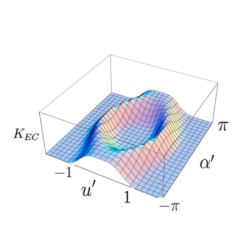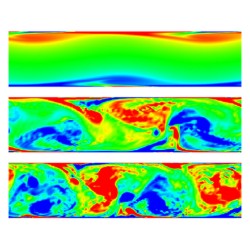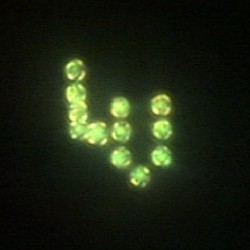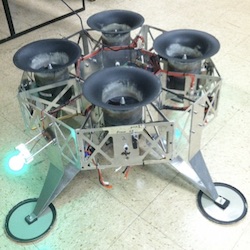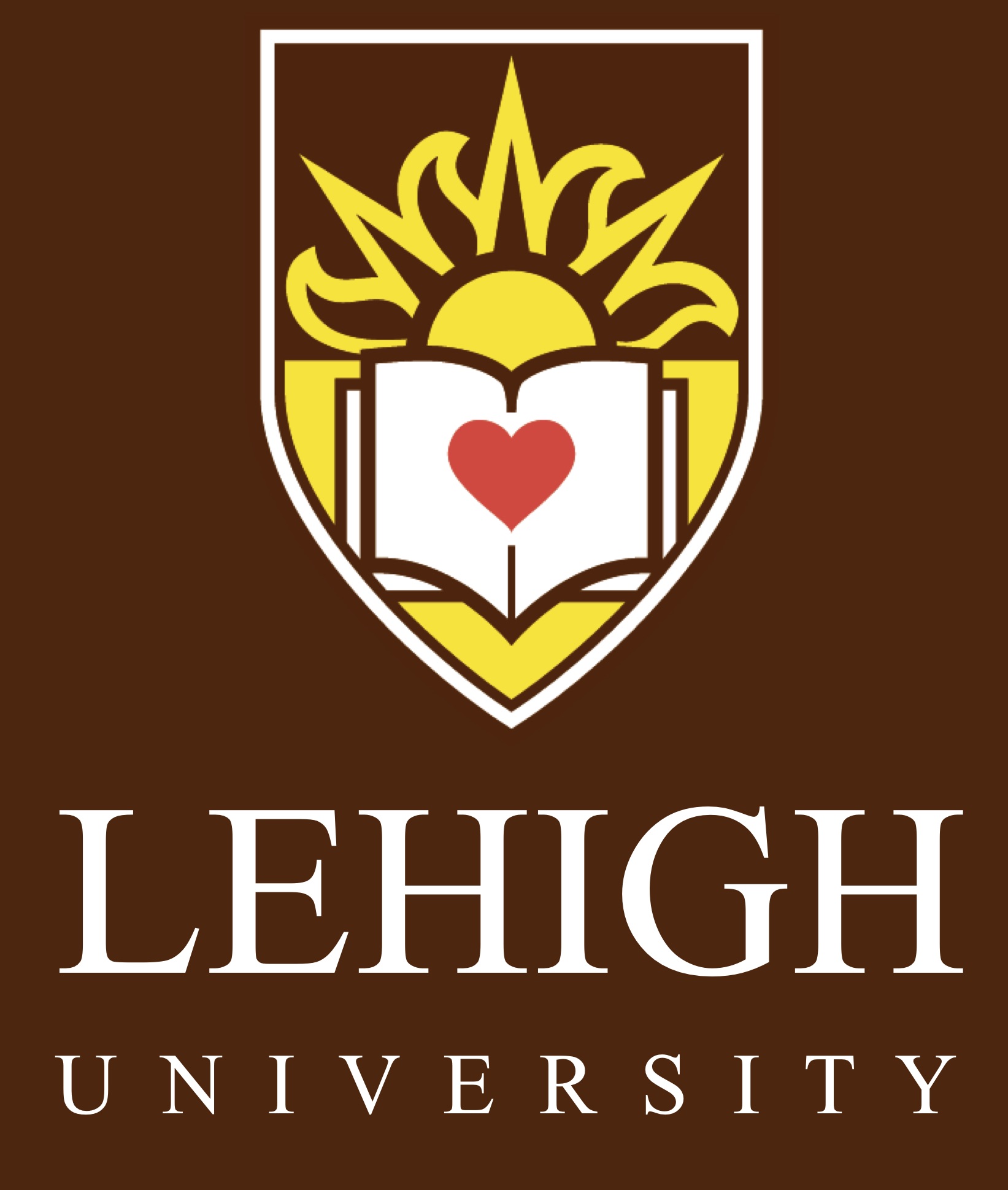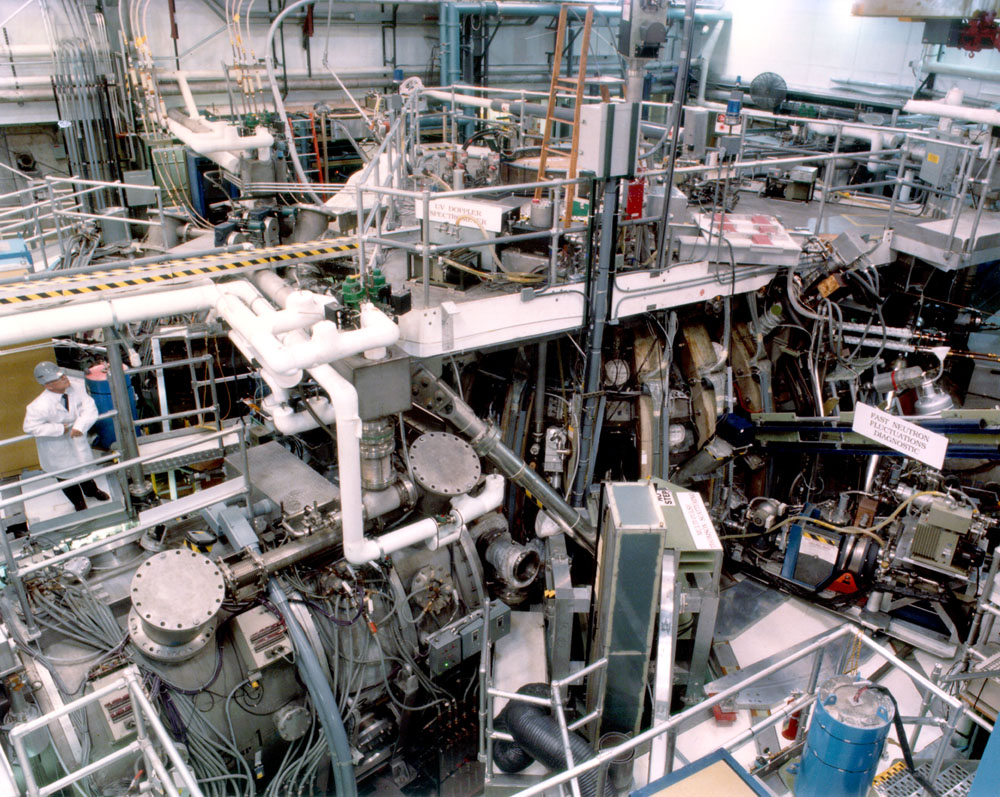
Plasma Control in Nuclear Fusion
Tokamaks, which are one of the major and most promising magnetic confinement approaches to
nuclear fusion being pursued around the world, are high-order, distributed-parameter,
nonlinear systems with a large number of instabilities, so there are many extremely challenging
modeling and control problems that must be solved before a fusion power system becomes a viable entity.
The core of Prof. Schuster's funded research activity is in the area of control of nuclear-fusion plasmas.
Postdoctoral researchers and students at all levels (BSc, Msc, PhD) conduct research within the Plasma
Control Group led by Prof. Schuster on a variety of plasma control problems, which include burn and kinetic
control, vertical position and shape control under actuator saturation, stabilization of magnetohdyrodynamic (MHD)
instabilities (NTM, RWM, etc.), plasma profile (current, rotation, density, pressure) control, and
active control of MHD flows via mechanical/electromagnetic actuation
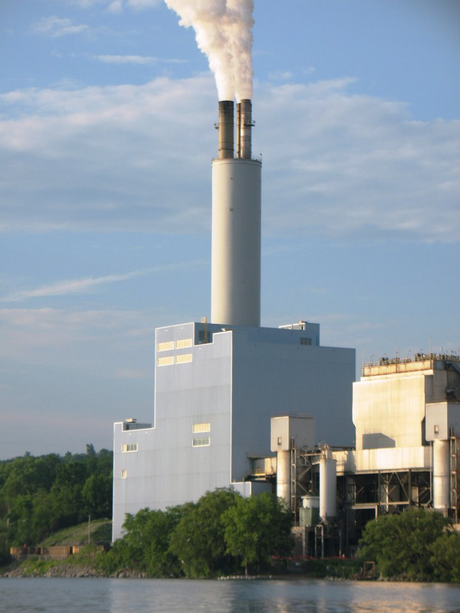
Control of Energy Systems
The increasing demand for clean, safe, reliable, highly-efficient power generation plants requires the development
of advanced control system architectures that exploit recent advances in sensing, communication and computation
methodologies for process control and real-time optimization. Future power plants may need a level of system integration
not found in present power generation systems in order to maximize overall performance and secure environmental compliance.
While the development of a smart and reliable electricity network has recently attracted much attention, it is critical not
to overlook the technological challenges that must be overcome not only by renewable power plants but also, and more importantly,
by more conventional fossil and nuclear power plants in order to be able to operate efficiently in this smarter electricity network.
Prof. Schuster is affiliated with the Lehigh University Energy Research Center
and supervises research work mainly at the BSc and MSc level on real-time optimal control of emmisions in fossil-based power plants, real-time optimal control of
energy utilization in residential buildings, and real-time optimal control of renewable energy systems.
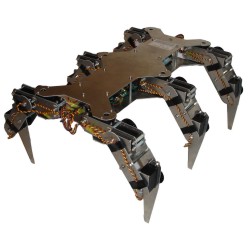
Control of Mechanical Systems
A blend of mechanics and electronics, mechatronics has come to mean the synergistic use of precision engineering, control
theory, computer science, and sensor and actuator technology to design improved products and processes. The basic idea is
to apply new controls to extract new levels of performance from a mechanical device. Prof. Schuster supervises BSc and MSc
research work in this area. Research topics include design and construction of autonomous robotic devices, control of swarms
of cooperating robots, and autonomous manipulation of micro-particles and nano-particles.
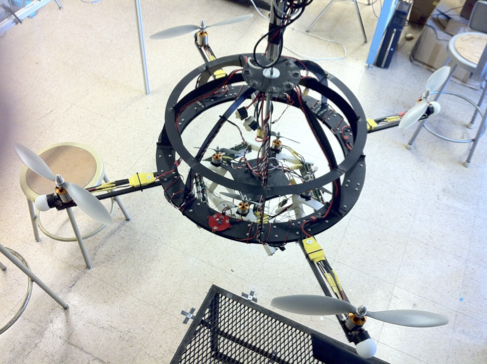
Control of Aerospace Systems
The control of a group of flyers autonomously and cooperatively in a fixed array, which could be used later as a secondary
platform for investigating new applications in wireless communication and distributed sensing, represents an open area of research.
Research work in this area, supervised by Prof. Schuster and carried out mainly by BSc and Msc students, focuses on the design of
cooperative and autonomous control strategies for micro/mini aerial vehicles. The chosen flyer has been the quadrotor, a miniature, helicopter-like rotorcraft
having four evenly distributed, coplanar propellers. In open loop, the quadrotor is quite unstable as evidenced by the
high crash rate of novice pilots. Controlling even a single quadrotor is a non-trivial task as the flyer has six degrees of
freedom, all of which are susceptible to external disturbances. However, the MEM department has a small wind tunnel with
a 2 ft. x 2 ft. test section, which enables aerodynamics design of alternative micro/mini flyers via wind tunnel
experiments.
